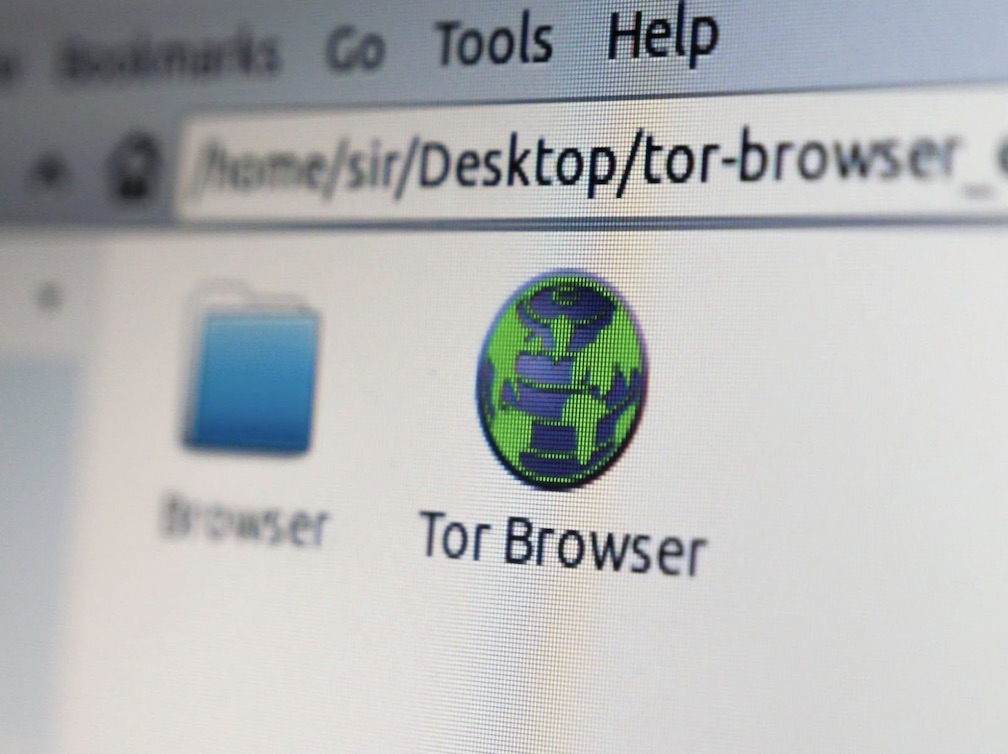Dark Web Dangers: 5 Things Everyone Should Know About The Dark Web

The dark web is a source of mystery and intrigue, made creepier by the release of films like Unfriended: Dark Web and Selfie from Hell that play on people’s fear of its murky depths. While it’s true that the dark web can facilitate illegal activities, it’s worth knowing that it also supports many legitimate services and activities.
We spoke to several tech experts and providers of managed IT services in Melbourne and asked them to give us their most helpful tips and tidbits of information about the dark web. So, if you’re ready to sweep aside the hype and understand the reality of this unique corner of the internet, read on for their expert insights.
1. What is the dark web and how do you access it?
The dark web is an unindexed part of the internet that isn’t accessible via the browsers or search engines you usually use to find things. Instead, you need special software like the Tor browser to gain access. Once you’ve downloaded your software of choice, you’ll be able to access the dark web using a URL that typically ends in .onion or .i2p.
2. Who uses the dark web?
The dark web gained notoriety for its shady markets dealing in everything from criminal services and illegal substances to human, exotic animal, and gun trafficking. Cybercriminals trade credit card numbers, cybercrime software, cracked credentials and other illicit items and data via the dark web. However, there are also plenty of legitimate uses, as outlined below.
3. Is everyone on the dark web a criminal?
The dark web is a crucial tool for people living in restrictive regimes, allowing them to access information they otherwise wouldn’t be able to see. It also provides a safe, anonymous space for people to connect with each other. Many journalists use the dark web as a way to safely connect with informants and people who need the protection of anonymity. There are even social media platforms on the dark web that allow you to connect with people without intrusive ads or concerns about third-party monitoring.
4. How dangerous is it to browse the dark web?
The dark web is unregulated, which is what makes it such a valuable resource for journalists and whistleblowers. However, that lack of regulation means that you’re on your own in protecting yourself as a user. One wrong click or misguided download could infect your machine, and given the nefarious nature of many dark web dealings, it’s unsurprisingly common to find websites laden with malware.
It’s also crucial to note that, while the dark web isn’t regulated, you’re still beholden to the laws of your state and country when it comes to the information and goods you access. Even if you unintentionally access problematic data, you could find yourself in trouble, so proceed with caution.
5. Can I legally use the dark web to my advantage?
Apart from journalists, plenty of business owners and tech experts leverage the dark web as a resource for understanding emerging cyber threats. Doing so allows you to plan damage control before an attack occurs. Some examples of this kind of use of the dark web include monitoring it to see if any of your company’s internal IP addresses or credentials have been posted.
Most people never need to access the dark web. However, it’s still important to understand the above factors. Armed with this information, you should have a better understanding of the dark web’s uses, benefits, dangers, and limitations.

